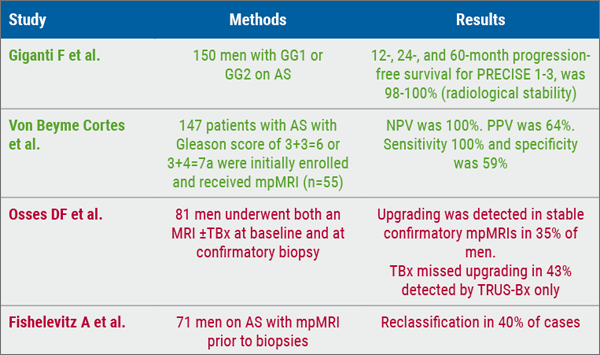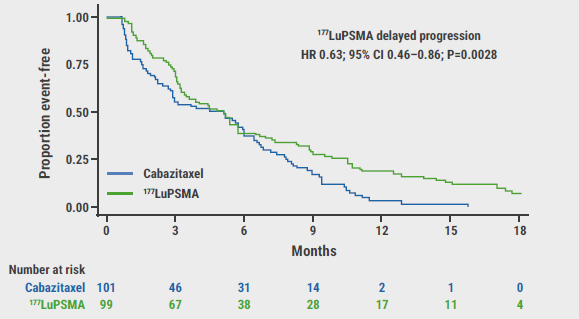Over the past decade, significant strides have been made in the automation of various sub-tasks in radiotherapy planning, including auto-contouring and auto-planning. This study aimed to benchmark the extent to which radiotherapy planning for prostate and prostate bed cancer can be automated, evaluating the feasibility and effectiveness of fully automated planning workflows. A challenge was organized in which participants were provided with simulation CT scans and a treatment prescription and tasked with using automated tools to generate deliverable radiotherapy treatment plans with minimal human intervention. The resulting plans were evaluated based on their adherence to established protocols, using consensus expert contours for scoring.
About 13 submissions were received, showcasing a range of automated planning capabilities. The top-performing submission met 81.8% of the minimum objectives across all cases when assessed against the consensus contours, successfully achieving all objectives in one out of ten cases. When evaluated with the system’s auto-generated contours, this submission met 89.5% of the objectives, fulfilling all criteria in four out of ten cases. Most of the systems used in the challenge had received regulatory clearance, with 82.5% approved for auto-contouring and 77% for auto-planning. Despite the challenge’s strict rule prohibiting participants from manually checking or editing contours or plans, 69% of the participants reported reviewing their results before submission, highlighting a persistent hesitation to rely entirely on automation.
The study’s findings demonstrate that full automation of the radiotherapy planning workflow, from simulation CT to a deliverable treatment plan, is indeed feasible for prostate and prostate bed radiotherapy. However, while many generated plans required little to no adjustment to be considered clinically acceptable, the study also revealed a lingering lack of trust in fully automated systems, which continues to hinder their complete adoption in clinical practice. This underscores the urgent need for further advancements in automation technologies and efforts to build confidence in their reliability and accuracy among clinicians. This should serve as a call to action for the research community to continue pushing the boundaries of automation in radiotherapy planning.
Source: sciencedirect.com/science/article/abs/pii/S0167814024034911
Originally Published By Physician’s Weekly. Reused by Medicom Medical Publishers with permission.
©2024 Physician’s Weekly. All rights reserved. No works may be reproduced without expressed written consent from Physician’s Weekly. Inquire about licensing here. No article should be construed as medical advice and is not intended as such by the authors or by Physician’s Weekly.
Posted on
Previous Article
« Dapagliflozin enhances kidney function and reduces albuminuria in low-renal-risk T2D patients Next Article
Reclassification of AML Subtypes and Risk in Light of ICC and ELN2022 »
« Dapagliflozin enhances kidney function and reduces albuminuria in low-renal-risk T2D patients Next Article
Reclassification of AML Subtypes and Risk in Light of ICC and ELN2022 »
Related Articles
August 21, 2020
PSMA PET-CT staging is 27% more accurate


© 2024 Medicom Medical Publishers. All rights reserved. Terms and Conditions | Privacy Policy
HEAD OFFICE
Laarderhoogtweg 25
1101 EB Amsterdam
The Netherlands
T: +31 85 4012 560
E: publishers@medicom-publishers.com

